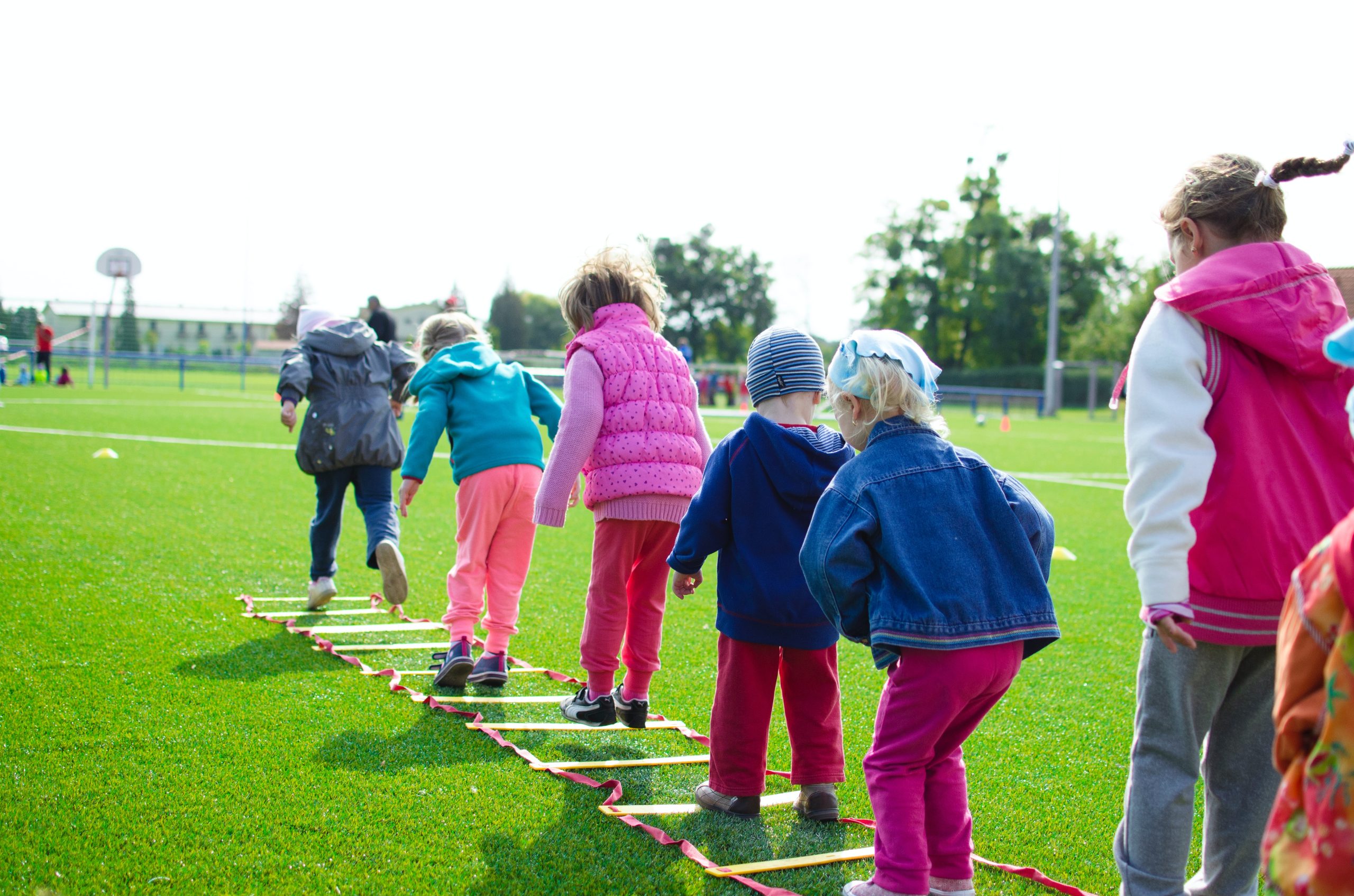Raising bright children is a goal that many parents aspire to. As parents, we want our children to have a bright future, and a key component of that is helping them develop their intellectual potential. In this article, we’ll explore the various factors that contribute to raising bright children, from genetics to environment, and provide practical strategies for parents to foster their child’s cognitive and emotional growth.
Nature vs Nurture Debate:
The nature vs nurture debate has long been a topic of discussion in the field of psychology. While genetics play a role in a child’s intelligence, the environment in which a child is raised also plays a significant role. This is good news for parents, as it means that they can play an active role in shaping their child’s intellectual development.
Parental Involvement
Parental involvement is one of the most critical factors in a child’s academic success. Parents can foster a love of learning in their child by being actively involved in their education, encouraging them to develop a growth mindset, and promoting critical thinking skills. Parents can also support their child’s education by choosing the right school, providing a stimulating home environment, and encouraging extracurricular activities.
Education:
Choosing the right school for your child is an essential decision that can have a significant impact on their intellectual growth. Once your child is enrolled in school, there are many ways that parents can support their education, including providing a quiet study space, helping with homework, and encouraging a love of reading. Extracurricular activities such as sports, music, and clubs can also provide valuable learning opportunities outside of the classroom.
Mental And Emotional Well-being:
A child’s mental and emotional well-being is essential to their overall development. Strategies for promoting mental and emotional well-being include providing a stable home environment, setting realistic expectations, and encouraging a healthy work-life balance.
Nutrition:
Proper nutrition is critical for brain development. Parents can provide a healthy diet for their child by serving a variety of fruits, vegetables, lean proteins, and whole grains
What Is A Bright Child?
A bright child is a child who shows exceptional intellectual ability or aptitude in one or more areas of learning, such as language, math, science, or the arts. These children often demonstrate advanced cognitive skills, such as problem-solving, critical thinking, creativity, and logical reasoning, that set them apart from their peers. Bright children may also display a strong curiosity and eagerness to learn, often asking questions and exploring new ideas. It’s important to note that a child’s brightness can manifest in different ways, and it’s not always measured by academic performance or IQ scores.
Importance Of Raising Bright Children
Raising bright children is important for several reasons. First and foremost, bright children have the potential to achieve great things and make significant contributions to society. By providing them with the support and resources they need to develop their intellectual abilities, we are helping to prepare them for successful and fulfilling lives.
In addition to the benefits for the child themselves, there are also broader societal benefits to raising bright children. These children may go on to become leaders in their fields, create innovative solutions to important problems, or make groundbreaking discoveries that benefit humanity as a whole. By nurturing and supporting the intellectual potential of our brightest children, we are investing in the future of our society.
Furthermore, bright children can inspire and motivate their peers to reach their own potential. By creating a culture of intellectual curiosity and achievement, we can foster a love of learning and a desire to excel among all children, not just those who are identified as “gifted”. This can have a positive impact on the entire educational system, leading to improved academic performance and increased opportunities for all students.
Overall, raising bright children is important not only for the individual child but for society as a whole. By recognizing and nurturing their intellectual potential, we are investing in a brighter future for all of us.
Importance of a nurturing environment for a bright child.
A nurturing environment is critical for the intellectual, emotional, and social development of a bright child. Here are some of the reasons why:
- Encourages intellectual growth: A nurturing environment provides a child with the opportunity to explore and learn. A child who is provided with a variety of educational resources and is encouraged to ask questions is more likely to develop intellectual curiosity and a love of learning.
- Supports emotional development: A nurturing environment provides children with the emotional support they need to succeed. Children who are supported and encouraged are more likely to have positive self-esteem and develop the confidence to take on intellectual challenges.
- Fosters creativity: A nurturing environment provides children with the opportunity to express themselves and encourages them to be creative. This can lead to the development of critical thinking skills and a creative approach to problem-solving.
- Develops social skills: A nurturing environment provides children with the opportunity to interact with others and develop social skills. This is important for bright children as it can help them develop interpersonal skills that are necessary for success in a variety of fields.
- Reduces stress: A nurturing environment can help to reduce stress, which can have a negative impact on intellectual development. When children feel supported and nurtured, they are less likely to experience stress and more likely to be engaged in their learning.
A nurturing environment is essential for the intellectual, emotional, and social development of a bright child. Providing a supportive and nurturing environment can help to maximize a child’s intellectual potential and set them up for success in the future.

